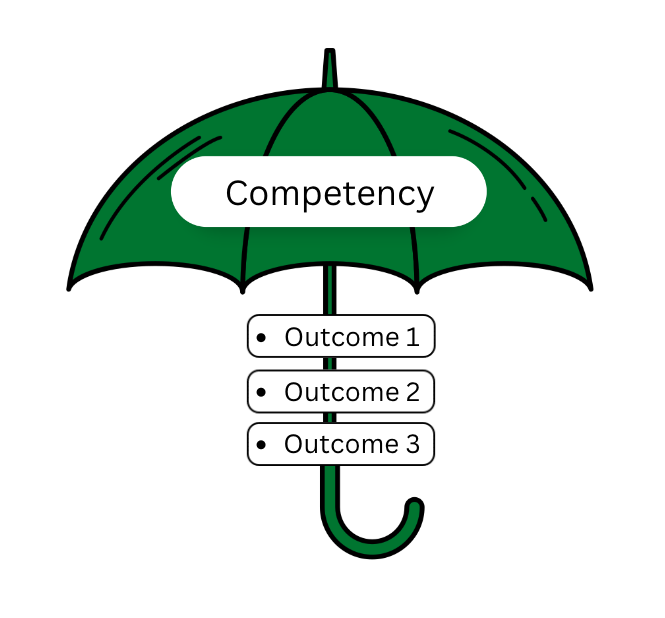Creating a Culture of Continuous Improvement within JSGS
By Jamie Mayoh-Bauche, Instructional Designer, U of R, Johnson Shoyama Graduate School of Public Policy
Keeping up with the latest scholarship on evidence-based practice can be a challenge for instructors who are busy with their own areas of research, amongst all the other things. In response to this challenge, Johnson Shoyama Graduate School (JSGS) embarked on creating a culture of continuous learning by making recent evidence-based teaching and learning practices easy and accessible for our instructors.
Throughout the 2021/2022 school year, we organized a series of events and workshops aimed at building a shared understanding of program level competencies and instructional approaches that enhance student competency development. We gathered monthly for a hyflex series of synchronous sessions that provided our executive team, staff, and instructors opportunities to learn from each other as well as the experts from Gwenna Moss Centre for Teaching & Learning. As a culminating event, JSGS folks from campuses at the U of R and USask met for the Davidson Summit in May to engage deeply with each other (in person for the first time in a long time) and develop a plan for integrating instructional strategies for competency development in the next year.
At the Davidson Summit a flashy new acronym was introduced that incorporated some key instructional practices which have been shown to make learning more efficient and more likely to be retained. That acronym is SIGE which stands for Spacing, Interleaving, Generation & Elaboration. You can check out the video below to learn more about the practices that make up SIGE. This is the first in a series of monthly videos that reinforce the priorities and learnings which sprung from last year’s events. This video series, together with ongoing activities focused on collaborative implementation of the vision and competencies will continue throughout the year to make sure that an innovative approach to pedagogy, fueled by the evidence, will remain front of mind for our faculty, staff, and sessional instructors.
